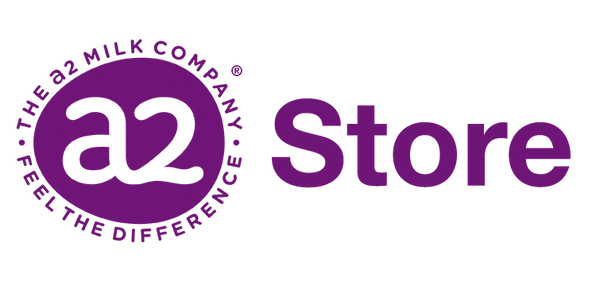
Benefits of Breastmilk
The birth of a baby is a time filled with excitement, joy and maybe even a little trepidation but in the midst of all this excitement, you may face a decision about whether or not to breastfeed your baby. If your personal circumstances allow it, breastfeeding will provide your little one with the best start to life nutritionally and will also bring other important benefits to mum and baby. Indeed, breastfeeding will meet all of your baby’s nutritional needs for around the first six months of life.
In Australia, The National Health and Medical Research Council (NHMRC) recommends that infants are breastfed exclusively for around the first six months of life to achieve optimal health, growth and development, but adds that any amount of breastmilk is beneficial to a mother and her baby. The NHMRC also says that when solid foods are introduced gradually at around six months of age, breastfeeding should continue until 12 months and beyond and for as long as the mother and baby pair desire. As there is so much information to wade through when a new baby joins the family, we thought we would take the time to explain a little bit about breastfeeding.
There are various benefits to a lactating mother associated with breastfeeding. It provides a convenient and inexpensive source of food and fluid for your baby that does not need any preparation or storage and which is always available. Breastmilk delivered from the breast is always at the right temperature and is safe to consume anywhere, anytime and without the need to sterilise bottles. The regular close interaction and skin-to-skin contact during breastfeeding also encourages a close mother-infant bond. Breastfeeding also helps the uterus contract back to normal size, helps to regain pre-pregnancy body weight and is also associated with a reduced risk of breast and ovarian cancer.
For more information and advice on the benefits of breastfeeding for a baby, visit:
Australian Breastfeeding Association (ABA) website.
In Australia: Get Up & Grow: Healthy Eating and Physical Activity for Early Childhood
The Australian Department of Health
In New Zealand: Eating for Healthy Babies and Toddler
The Health Promotion Agency and the Ministry of Health
Find out more at: Infant Feeding Guidelines.
Canberra: National Health and Medical Research Council (2012).
National Health and Medical Research Council.
The World Health Organization’s Global Strategy on Infant and Young Child Feeding (WHA55 A55/15).
